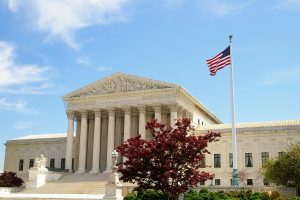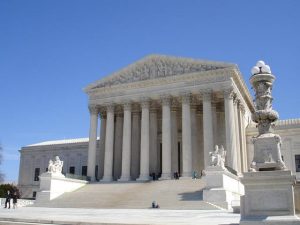Non-compete clauses (also called California non-compete agreements) affect roughly 25 percent of the U.S. working population – but they aren’t enforceable in California. Meanwhile, they’re a major issue for workers throughout the rest of the country. But that could soon change. 
For those who may be unfamiliar, a non-compete clause is a type of employment contract that prohibits employees from accepting new job opportunities for a period of time after leaving the employer with whom they have the contract. They’re usually limited to similar lines of work and/or competing businesses within a certain geographic area.
While this is less of an issue for workers whose jobs are highly technical and well-paid, these same provisions can be very tough on lower-paid workers. One analysis showed that more than half of workers who sign non-compete clauses are non-salaried, hourly wage workers – about 15 percent of them earning less than $40,000 annually.
Non-compete clauses can also ban workers from:
- Launching their own company in the same or similar industry.
- Reaching out to former customers.
- Using the skillsets you acquired on the job.
- Publicly discussing whistleblower actions.
- Revealing or making money from the employer’s trade secrets.
While some of these are more reasonable than others (ex-employees revealing trade secrets would be a problem for any employer), others risk stifling free markets.
Recently, the U.S. Federal Trade Commission proposed a new rule that would ban employers from imposing non-compete clauses on workers, calling the practice exploitative. If the rule goes into effect, it could potentially expand job opportunities for some 30 million Americans and increase wages by as much as $300 billion annually. Continue Reading ›
 Orange County Employment Lawyers Blog
Orange County Employment Lawyers Blog










